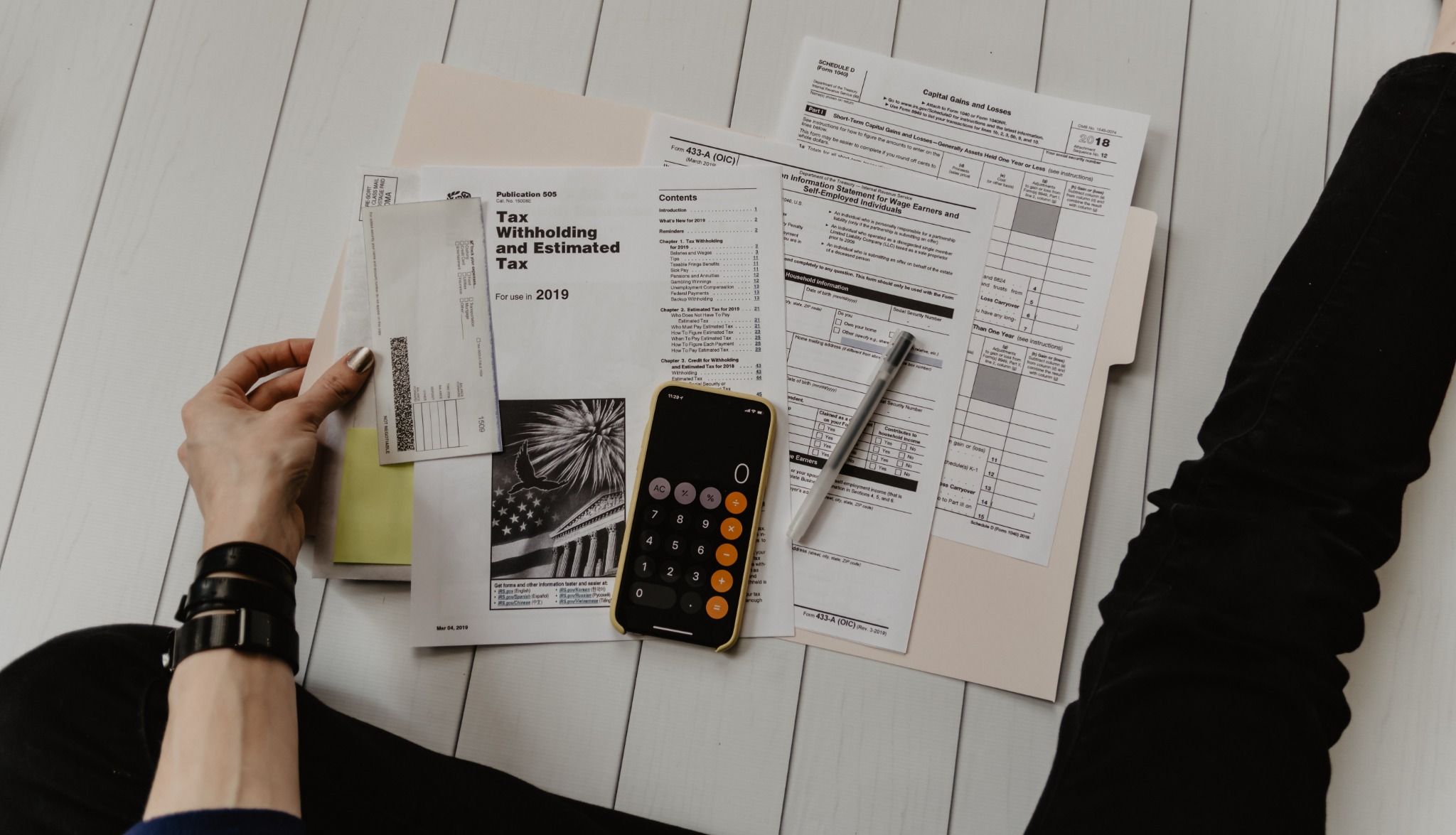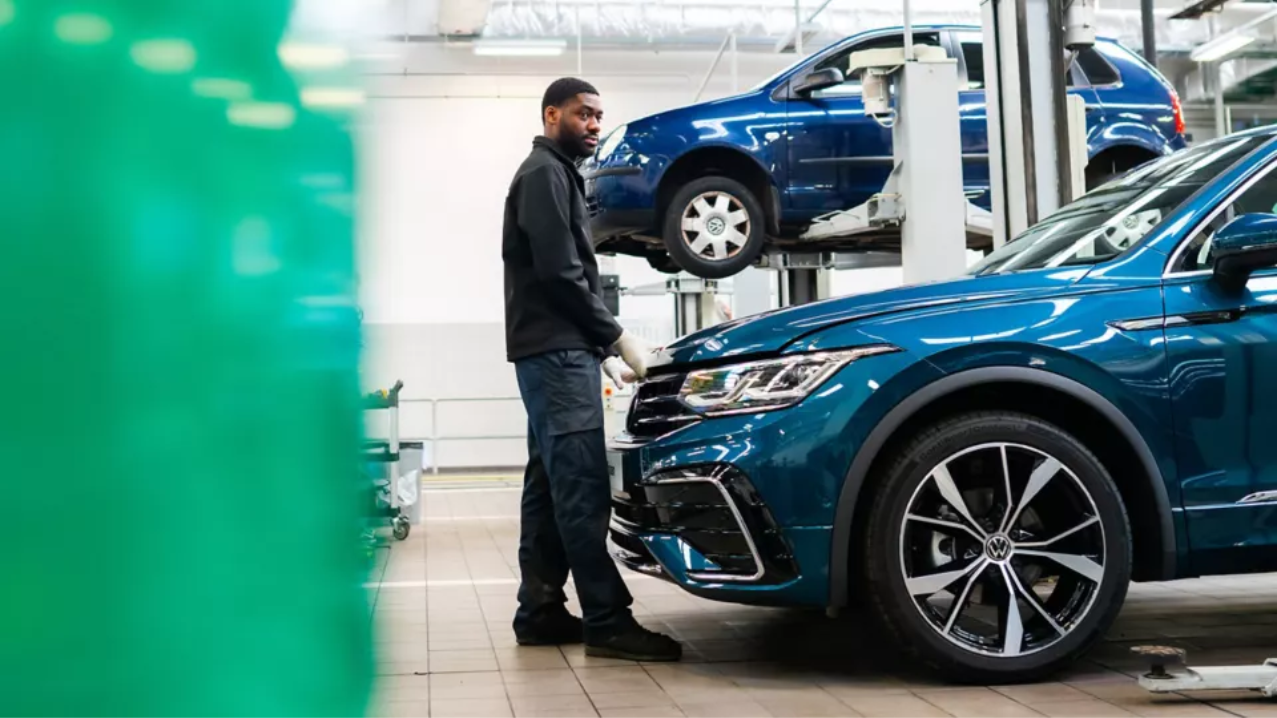Whether you're a first-time buyer or looking to upgrade your current vehicle, budgeting for a car is one of the key priorities of a successful purchase. Not only will you be able to drive away with a car that suits your needs, but you’ll also maintain your financial stability in the long run.
From upfront costs and ongoing expenses, to figuring out how much of your salary you should spend on your car, let's make sure your next car-buying decision is made with confidence.
In this Sell 2 Swansway guide, we'll walk you through the things you need to take into account in car ownership, including:
- The costs involved in car ownership (plus some tips to help reduce them)
- Initial down payment
- Insurance, taxes and fees
- Maintenance
- Fuel
- How much of your salary should you spend on your car?
The costs involved in car ownership
Whilst owning a car provides an unmatched sense of freedom and convenience, it also comes with a significant financial responsibility that extends far beyond the initial price tag.
From fuel and insurance to maintenance and road tax, we're going to break down the financial hurdles car owners face on a daily, weekly, monthly, and annual basis.
Initial down-payment
Amidst the thrill of choosing your new car, there's a first step that sets the tone for your entire experience when budgeting for your car: the initial down payment.
While it may seem like just one other cost between you and your new wheels, it's actually the key to your future financial stability and the overall feasibility of owning the car at all.
The initial down payment (or deposit) is the percentage of the car's total price towards the loan you're likely to secure to cover the remaining cost. This can range between 10% and 20% of the car's total purchase price, and will reduce the amount you'll need to finance over the loan term.
Higher down payment = lower monthly payments
If you're able, try to pay as much as possible towards your initial down payment. This will reduce the monthly costs towards your loan payment and overall interest you pay throughout the course of so many years with your car.
This, in turn, helps you avoid the pitfalls of negative equity (where you owe more on the car than it is worth), and gives you better overall financial security.
Your initial down payment isn't just an entry fee, it's a strategic move that will influence your monthly finance payments in the long run, and should be considered when creating your budgeting strategy.


Insurance taxes, and fees
Once you know how much your car is going to cost you every month based on your initial down payment, it's time to think about the slightly boring budget details.
Insurance, tax, and fees - three things that all drivers must pay for the privilege of driving on these beautiful British roads. Let's take a look at each of them closely so we can be one step closer to knowing how to budget for your car.
Insurance
In the UK, car insurance isn't just a recommended safety net - it's a legal requirement placed on all drivers that serves against unforeseen accidents, thefts, and damage.
Insurance policies are a major factor to consider when budgeting for a car, and can vary widely depending on many things, including:
- Your age and driving experience - Newer and younger drivers tend to attract higher monthly insurance payments to account for their lack of experience on the roads and the higher chance of incident.
- Make and model of your car - Costlier cars are often costly to repair and replace parts for, and therefore attract higher insurance prices.
- Location - The crime rate, population density, and number of accidents recorded in your area can greatly sway your monthly premiums
- Annual mileage - The longer you spend on the road, the higher the chance you are to get into an accident, making your monthly premium more expensive.
There are three main types of car insurance available to UK drivers. These are:
Third-party: The minimum insurance requirement that covers damage to other vehicles or property, but not your own.
Third-party, Fire and Theft: This extends to include - you guessed it - fire and theft-related damage to your vehicle.
Comprehensive: The widest coverage that covers all damages on your vehicle, even if you're at fault.
All of the above factors will affect how much your insurance premiums will turn out, but that doesn't mean you're stuck with the first price you see.
Be sure to get multiple quotes from different insurance providers for comparison's sake to see if your budget accounts for your insurance premium.
Taxes and Fees
There are also taxes you must pay the government that contribute to the country's road infrastructure and environmental initiatives, as well as the safety of drivers nationwide.
So, what are these taxes and fees?
Road tax: Also known as Vehicle Excise Duty (VED), this is an annual tax levied on vehicles driven or parked on the UK's public roads. The amount of road tax you can expect to pay will depend on several factors, including its carbon dioxide emissions.
Congestion/ ‘clean air zone’ charges: You may have to pay an additional fee for driving around certain parts of the country. These fees are designed to encourage the use of less polluting cars like EVs, which are exempt from the charges.
MOT testing: An MOT test is required for vehicles over three years old to ensure their road-worthiness and compliance with safety and environmental standards.
Whilst road tax and MOT testing are mandatory for virtually all drivers, congestion charges are only applicable if you live in a busy city centre like London.
If this is you, then these charges should be taken into account alongside the compulsory road tax and MOT testing costs that come around every year.
Maintenance costs
When it comes to budgeting for your car, there are few more important costs than those related to keeping your car in optimal condition.
Setting aside funds for regular maintenance throughout the year is vital to ensure you're never left out in the cold in the event of a breakdown or sudden repair cost.
So, what does car maintenance include?
- Regular check-ups - Your car needs a regular check-up to make sure that all of its components are working as best as they can. A car's check up can include anything from engine oil changes and filter replacements to brake inspections, tyre rotations, and windshield wipers. Although seemingly minor, this servicing can extend the lifespan of your car, and prevent unexpected bills for expensive repairs from arising at the worst time.
- Repairs - This isn't to say that you can avoid repair bills entirely - cars are full of moving parts after all, and wear and tear is inevitable. Make sure you have money set aside for servicing costs on things like brake pads, timing belt changes, and fluid flushes.

Fuel and charging costs
This final budgeting consideration is a tricky one to pin down due to the fluctuating nature of fuel costs in the UK and around the world generally. That doesn't mean you can't make some preparations, though.
If you can choose a more fuel-efficient car, for example, you do yourself the great favour of having your fuel go much further per mile regardless of its cost.
A car with a better fuel economy will not only reduce the frequency of your visits to the pump, it will also contribute to a greener carbon footprint for yourself - an impressive double whammy by all means.
Speaking of a greener carbon footprint, what about EV drivers?
Well, even though they don’t have to contend with fuel costs, there is still the matter of charging costs. These can fluctuate with energy prices - as seen most markedly in the past year - but there are still some handy ways to optimise your charging spend.
For example, if you have a home-charging contract for off-peak hours, try to plug your EV in when the mains supply is at its lowest tariff.
Similarly, try to take advantage of the bevy of government grants and incentives available to EV drivers, including the Electric Vehicle Homecharge Scheme (EHVS) which subsidises the installation cost of a home EV charger by up to 75%.
How much of your salary should go towards your car?
How much of your annual income you choose to put towards your car is entirely dependent on your circumstances and other financial commitments.
Whilst there's no catch-all answer, a simple rule of thumb is:
No more than 10% of your gross monthly income should go towards monthly car expenses (including insurance, loan payments, fuel, and maintenance).
Everything you need to know when budgeting for your car
So there you have it, we've unwound the complex strings of budgeting for your car.
There are a lot of financial commitments to car ownership, but now you know the essentials, you're one step further to understanding just how much your next car will take out of your monthly budget.
Ready to sell your car?
If you think you're financially ready for your next car, why not sell your current car easily and conveniently with Sell 2 Swansway?
Part of the nationwide Swansway Motor Group, we’ve made selling your car online more convenient than ever. And with quotes representative of current market trends, you’ll never get less than you deserve for your car.
On top of a 7-day guaranteed valuation, hassle-free collection, and instant payment to your bank account once we’ve got your car, it’s never been a better time to sell your car with Sell 2 Swansway.